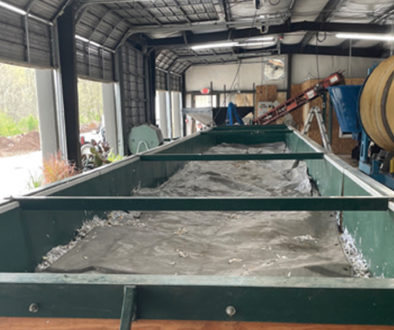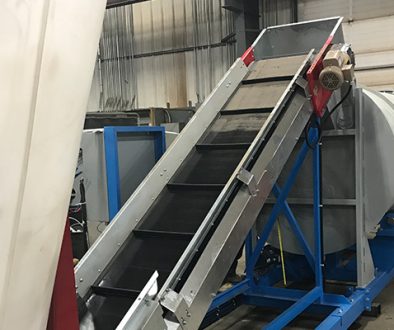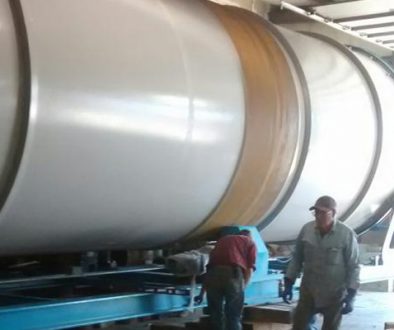Urban Composting Can Capitalize on the New Trend of Urban Farming
Urban composting with the BioReactor by XACT offers savvy businesses the opportunity to capitalize on the growing trend for local food production better know as Urban Farming. Let’s talk about this new Local Food Movement and then see how the BioReactor fits into the picture.
A new study from The Ohio State University suggests that most modern cities have the potential to grow up to 100 percent of their current needs for produce and other items. The study, “Can cities become self-reliant in food?,” conducted by Parwinder Grewal, professor of entomology and director of the Center for Urban Environment and Economic Development at Ohio State University, suggests that a city such as Cleveland, OH, could produce most of the food its citizens need.
The report states that “While not trivial, current local food production only accounts for 1.7 percent ($1.5 million) of the $89 million Cleveland spends annually on fresh produce, and 0.1 percent of the city’s total food and beverage expenditures. However, the potential for food self-reliance is significantly higher considering available space in the city.”
The study determined that Cleveland has more than 3,000 acres of vacant lots that are the result of years of manufacturing job losses, the recent economic downturn and a high rate of home foreclosures. He also found 2,900 acres of flat rooftops.
This study indicates that “the city can prevent economic leakage anywhere from $27 million to $115 million annually by increasing its production of fresh produce, poultry and honey. This could boost the city’s economy and lead to increased job creation.” In addition, local food production has many other benefits, such as boosting access to and consumption of fresh fruits and vegetables; cut obesity rates due to consumption of healthy food and increased physical activity; promote a sense of community and decrease crime activity; and raise property values as vacant lots are put to attractive and productive use.
Urban farming can also reduce human impact on the environment. Professor Grewal said food in the U.S. travels an average of 1,500 miles from the farm to the consumer’s plate, requiring large amounts of fuel and energy for transportation and refrigeration. Additionally, increasing green space in the city through farms and gardens can boost carbon storage in the soil, reduce problems associated with stormwater runoff, and curtail the urban heat island effect.
“Just like the organic food movement, where it was about five to six years ago, the local food movement is gaining a similar type of momentum right now, and every city has the potential to at least increase its local self-sufficiency and resilience by producing its own food.”
This study certainly makes sense, and the BioReactor Mini, such as the 510 or 515 makes it a viable economic and environmental business endeavor. All the features of the XACT BioReactor scream “Urban”. From the fast throughput to the quiet operation to the odorless processing there is no better composting system for organic waste conversion. Couple the BioReactor technology with the staggering food waste produced from schools, restaurants, hospitals, and grocery stores and then utilize the finished compost for Urban Farm–it makes cents (lots of them)!



